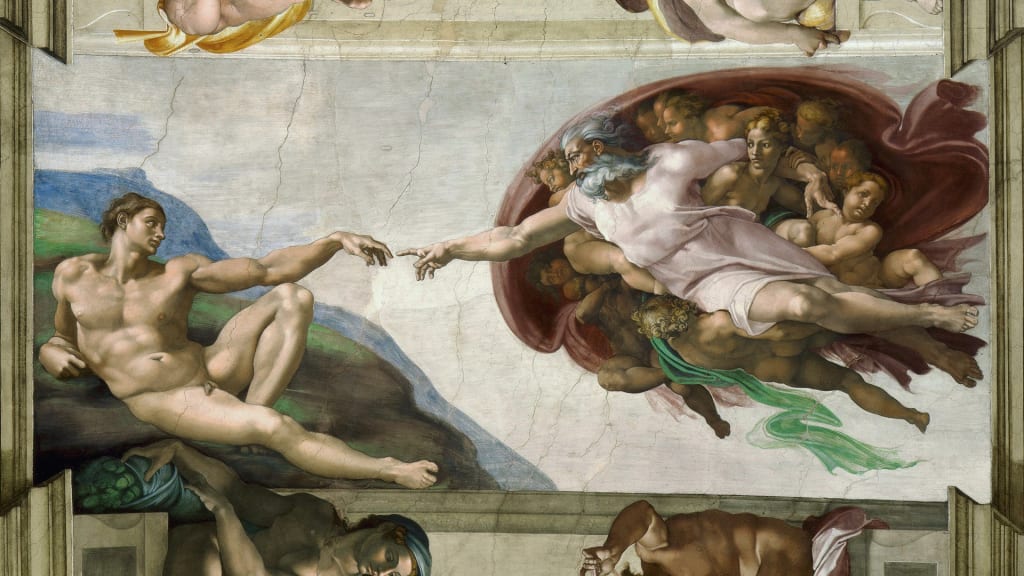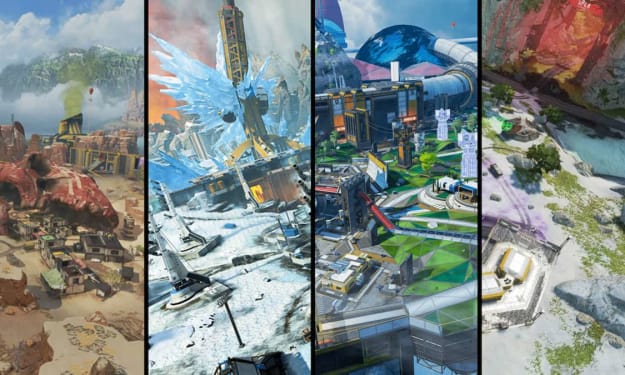
Introduction: The Renaissance and its Cultural Resurgence
The period from the 14th to the 17th centuries marked a cultural and intellectual rebirth known as the Renaissance. This era witnessed an unparalleled surge in artistic, scientific, and philosophical advancements that reshaped the fabric of European society and laid the foundation for the modern world.
Context and Historical Background
Emerging from the aftermath of the Middle Ages, the Renaissance was characterized by a revival of interest in classical learning, a renewed emphasis on humanism, and a burgeoning exploration of artistic expression and scientific inquiry.
The Cultural Revival and Humanistic Ideals
The Renaissance was a time of cultural flourishing, marked by a profound appreciation for human potential, a celebration of individual creativity, and a renewed interest in ancient Greek and Roman thought.
Unveiling the Renaissance: A Tapestry of Art and Innovation
The Renaissance was a multifaceted era encompassing remarkable achievements across diverse fields, from art and literature to science and exploration.
Artistic Mastery and Innovation
Artists like Leonardo da Vinci, Michelangelo, and Raphael epitomized the Renaissance spirit, producing masterpieces that transformed the artistic landscape, employing techniques that showcased depth, perspective, and realism.
Humanism and Intellectual Pursuits
Humanist thinkers like Petrarch and Erasmus championed a return to classical ideals, advocating for education, literature, and the pursuit of knowledge, leading to a reevaluation of societal values and ethics.
Scientific Revolution and Innovation
Visionaries like Copernicus, Galileo, and Kepler challenged existing paradigms, fostering a scientific revolution that questioned traditional beliefs, laid the groundwork for modern science, and revolutionized the understanding of the cosmos.
The Impact of the Renaissance: Shaping Societies and Legacies
The Renaissance left an indelible mark on European culture, sparking intellectual revolutions and shaping the trajectory of human progress.
Cultural and Artistic Legacies
The artistic and cultural legacies of the Renaissance endure in renowned works of art, architectural marvels, and literary masterpieces that continue to inspire and captivate audiences worldwide.
Scientific Advancements and Modern Thought
The scientific achievements of the Renaissance catalyzed a paradigm shift, promoting empirical observation, experimentation, and critical thinking, which laid the foundation for modern scientific inquiry.
Societal Transformations and Global Influence
The Renaissance engendered societal transformations, stimulating trade, fostering the dissemination of knowledge, and contributing to the spread of cultural exchange and ideas across Europe and beyond.
The Renaissance Unraveled: A Flourishing Cultural Landscape
The Renaissance was a period characterized by a kaleidoscope of cultural, intellectual, and societal transformations that reverberated across Europe, leaving an enduring mark on human history.
Artistic Revolution and Mastery
Art during the Renaissance witnessed a paradigm shift, embracing techniques such as chiaroscuro, perspective, and human anatomy exploration. Artists like Botticelli, Titian, and Jan van Eyck created iconic works that epitomized artistic excellence and innovation.
Literary Contributions and Humanist Thought
The Renaissance nurtured a literary renaissance, with luminaries like Dante Alighieri, Petrarch, and Shakespeare crafting timeless literary masterpieces that explored human emotions, philosophical concepts, and societal critiques.
Architectural Marvels and Urban Design
Architects like Brunelleschi and Alberti revolutionized building techniques, introducing classical elements and creating awe-inspiring structures such as the dome of Florence Cathedral and the palaces of Renaissance Italy.
The Renaissance's Societal Impact: A Shift in Cultural Paradigms
The Renaissance was not just a cultural revival but a catalyst for social, economic, and intellectual evolution, fostering advancements that shaped European societies and beyond.
Impact on Education and Academia
The emphasis on humanism spurred the establishment of universities, fostering educational reforms that emphasized classical learning, critical thinking, and the liberal arts, nurturing a generation of enlightened scholars.
Patronage, Commerce, and Economic Growth
The support of wealthy patrons fueled artistic endeavors, while burgeoning trade and commerce contributed to the economic growth of city-states like Florence, Venice, and Genoa, fostering a vibrant cultural scene.
Influence on Religion and Reformations
The Renaissance spurred theological discussions and religious reforms, paving the way for the Protestant Reformation and challenging established religious norms, leading to a diversification of religious thought.
The Enduring Legacy and Global Influence of the Renaissance
The impact of the Renaissance transcended geographical boundaries, influencing diverse cultures and shaping the trajectory of human civilization.
Global Dissemination of Ideas and Knowledge
The Renaissance facilitated the exchange of ideas through advancements in printing technology, leading to the dissemination of knowledge, scientific discoveries, and cultural achievements across continents.
Renaissance's Influence on Later Movements
The ideals and innovations of the Renaissance reverberated in subsequent movements, such as the Enlightenment, laying the groundwork for revolutions in thought, governance, and societal structures.
Reflections on Modern Human Achievement
The Renaissance stands as a testament to the potential of human creativity, innovation, and the pursuit of knowledge, serving as a source of inspiration for modern endeavors in arts, sciences, and societal progress.
Conclusion: The Enduring Legacy of Human Achievement
The Renaissance remains a beacon of human creativity, innovation, and the relentless pursuit of knowledge—a testament to the transformative power of intellectual and artistic endeavor.
The legacy of the Renaissance endures as a testament to human potential, serving as a source of inspiration for generations, and underscoring the profound impact of cultural revival, artistic expression, and intellectual curiosity in shaping the course of human civilization.
About the Creator
Siva N
Whenever I write a story, I will bite these things
1.Research Prowess
2.Scientific Acumen
3.Storytelling Mastery
4.Attention to Detail
5.Inquisitive Mindset
6.Adaptability and Creativity
7.Structure and Clarity
8.Empathy and Engagement






Comments
There are no comments for this story
Be the first to respond and start the conversation.